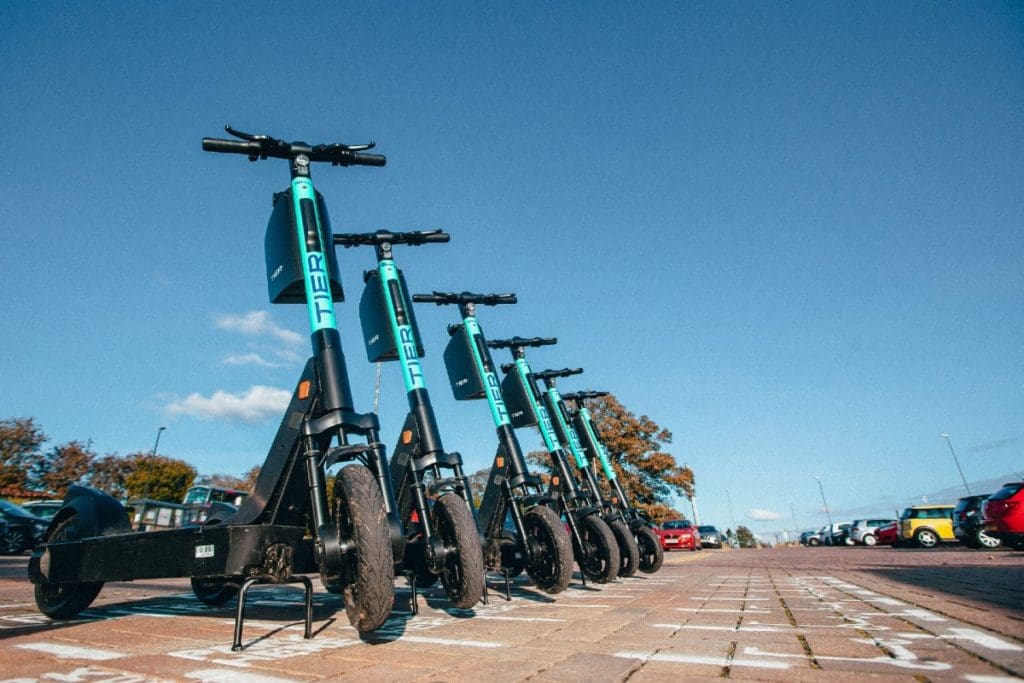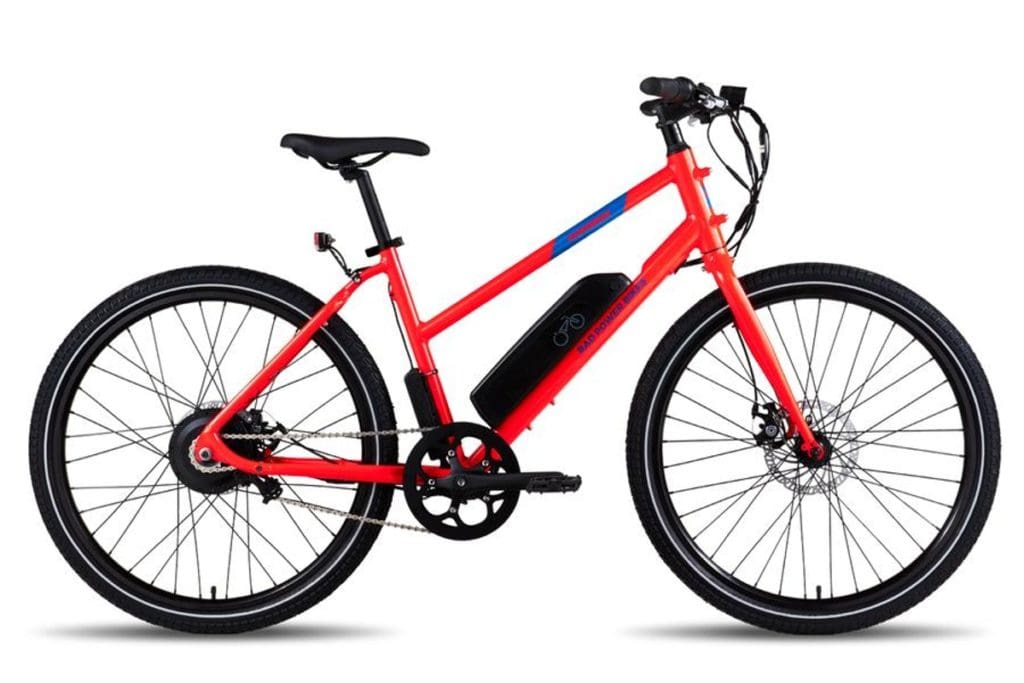Unprecedented Investment Continues to Pour In

Wollongong NSW
There has never been a time when the money tap has been flowing so freely into the bicycle and micromobility sector.
Companies that are only a few years old are raising hundreds of millions of dollars, giving them notional market values measured in the billions.
Rad Power
USA based e-bike brand Rad Power just received an injection of US $154 million (A$205 million). Rad Power was founded in 2007 by Mike Radenbaugh after whom the company is named.
One of several remarkable aspects of this investment is that only 10 months earlier, they raised a separate amount of US$150 million (A$200 million). That’s a total of over A$400 million in a single year for a company that’s far from being the world’s largest brand.
Unconfirmed reports say that Rad Power has sold 350,000 units since it started in 2007 and that its sales for the second half of 2021 will total over 100,000 units.
These numbers, although large, are still tiny compared to traditional market leaders such as Trek, Giant and Specialized, although one key difference is that e-bikes still constitute a minority of these brands’ sales units, whereas Rad Power is solely e-bike focused.
Rad Power Bikes say they will use this investment to continue increasing and strengthening its logistics and fulfilment capabilities, including new distribution centres in the US, Canada, UK and Europe.

Tier
Meanwhile Tier, an e-scooter company based in Berlin, Germany has just raised US$200 million (A$267 million) in ‘Series D’ funding after previously raising US$250 million (A$333 million) in November 2020 and a further US$60 million (A$80 million) debt raise in mid-2021.
In a statement, Alex Gayer, chief financial officer at Tier Mobility, said: “This equity funding provides further firepower to scale our multimodal market presence globally, and pursue strategic investments & acquisitions. Our goal is to build Tier into the European micro-mobility powerhouse, building on our current position as the number one player in the shared electric scooters market.”
Tier said its micromobility business is now valued at US$2 billion (A$2.67 billion). This is double the value being reported around the time of its Series C last year. Tier has raised a total of US$660 million (A$880 million) in equity and debt funding to date.
That’s a remarkable amount for a company that’s not quite four years old. The 2018 launched e-scooter, e-bike and e-moped start-up compete in a highly competitive space with myriad players, including the likes of Bird, Dott, Lime, Voi and Wind to name a few — although authorities in cities around the world have sought to bring a little structure to the fast-developing micromobility market by setting limits on the number of operators allowed per city. That means that winning a slot as a city provider can help leapfrog competitors at a local level.
In the press release, Tier, for example, trumpets its recent win of a tender to provide e-scooters for rent in a trial in London (alongside Dott and Lime). Other new cities it touts are both in the Middle East: Manama (Bahrain) and Doha (Qatar).
To date, Tier says it’s deployed 135,000 e-scooters, e-bikes and e-mopeds across 150 cities in 16 countries. A US$2 billion (A$2.67 billion) market valuation divided by that number of vehicles gives a staggering market valuation of US$14,814 (A$19,752) per vehicle deployed.
Stromer & O2Feel
Meanwhile in Europe, another private equity investment firm appears to be on the acquisition trail. In May 2021 Naxicap Partners bought Swiss speed pedelec leader Stromer.
Stromer employs about 140 staff and makes high quality, high priced speed pedelecs in Switzerland which it exports across Europe.
Then on 4th November 2021, it was announced that Nixcap Partners had acquired leading French e-bike manufacturer O2Feel. This brand has recently been introduced to Australia by Melbourne based importer Dutch Cargo Bike.
Since its creation, the French company has sold around 100,000 e-bikes in France through a network of 400 retailers and internationally in Belgium, the Netherlands, Luxembourg and Switzerland. Now they also sell via Spain, the United Kingdom, Greece, Canada and Australia.
O2Feel is aiming to manufacture 36,000 e-bikes in 2021. Its purchaser, Nixcap Partners is a subsidiary of Natixis Investment Managers which currently manages assets of approximately €4 billion (A$6,25 billion).
These three deals are far from the only examples we’ve seen in recent months. The largest of all being Dutch automotive and engineering group Pon buying Dorel, the owner of Cannondale, GT, Mongoose, Schwinn and other brands for US$810 million (A$1.08 billion).
Lime
Just as we were about to post this article, news came in of another huge capital raising. Lime has secured an additional US$523 million (A$700 million) in funding. The investment round was oversubscribed – meaning that investors would have liked to invest even more had Lime requested it.
Along with plans to renew its fleet of 200,000 vehicles in Europe and the US, Lime also plans to be carbon free by 2030, with $20million of the new funding going towards sustainable hardware initiatives and developing a low carbon supply chain.
Lime CEO Wayne Ting said: “This oversubscribed round is testament to the strong business we’ve built and the overwhelming confidence we’ve received from the financial community.
“This investment will allow us to double down on our newest generation of e-bikes and e-scooters, as well as additional modes, to ensure people have reliable access to affordable, shared, carbon-free transportation.”
Based in San Francisco, California, Lime has expanded to cover 200 cities, including Paris, London and New York, hitting the 250 million-ride milestone during the summer.
Tipping Point
In my 32 years in bicycle industry related media, I’ve never seen so much investment in such rapid succession. Clearly, we’ve reached a tipping point where cycling and micromobility companies have transitioned from traditional, family owned business models to hot properties that are front of mind in the global corporate and financial sectors.
Parts of this article were previously published in Bicycle Retailer & Industry News (USA) Bike Europe, Bike Biz (UK) and TechCrunch.
